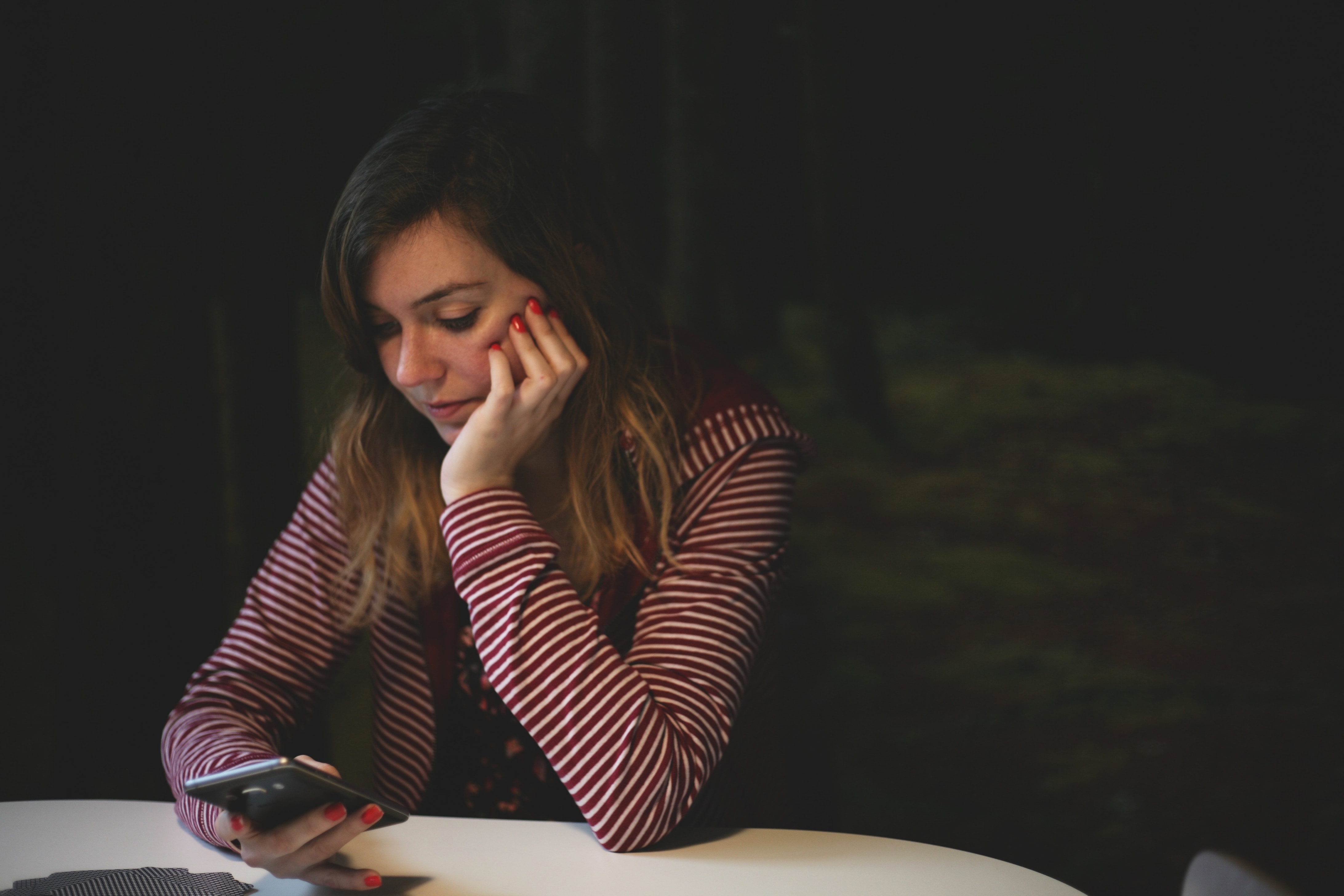Impact of Social Media on Mental Health
Patricia Coffey, MSW, LICSW, is the Mental Health Education Program Manager for the Kids Healthy Minds Initiative at Franciscan Children’s. The Kids Healthy Minds Initiative is a robust mental health awareness and community education program. Patricia has facilitated education sessions at Catholic schools and parishes across the Archdiocese of Boston to increase community awareness about the youth mental health crisis. To learn more about the Kids Healthy Minds Initiative, or to schedule an education program for your community, please contact pacoffey@franciscanchildrens.org.

Tweens and teens are grappling with the same social dilemmas that have existed for generations; a desire for connectedness, acceptance, engagement, and admiration by peers. Yet, now these social anxieties have shifted to a new digital landscape. Whether it’s Instagram, Twitter, Snapchat, Tumblr or Facebook, social media has become an essential part of our youth’s everyday lives. These platforms promote self-expression and self-identity including sharing photos and videos of everyday activities, exploring public accounts for new passions or browsing their “feeds” to connect with friends. However, there are often instances where people on social media express concerning behaviors and intentions that go undetected. Often alarming behaviors are seen around self-injury, eating disorders and suicide. These behaviors have sparked conversations about the risk factors of social media.
As a Licensed Clinical Social Worker (LICSW), it’s common for me to have a teacher, parent or grandparent consult about the effects social media is having on their students or children. Hoping for a definitive answer, they question whether it’s entirely OK and safe for kids to use social media or if it’s solely detrimental to a child’s well-being. Unfortunately, like most controversial topics, the answer is not black and white. Studies have found both positive and negative findings across the gamut of social media actions. Some studies show social media usage to have a positive effect on youth-enhancing their self-expression, self-disclosure and strengthening their sense of connectedness to their peers1. Other findings showed an increased negative effect of peers comparing themselves to one another2 while also receiving immediate negative peer feedback that can detract from their self-esteem3. Other studies found social media to correlate to body dissatisfaction and thin ideation4.
We know that social media is not going away and it will continue to be an essential piece of kids’ lives. So, in the meantime, how do we take preventative steps to protect our youth when they are online?
Instagram and other applications have started to take some initiative to start this conversation. Social media companies have developed a reporting capability where users are able to report content they feel may express suicide ideation or self-injury in any way. Other organizations are starting the conversation by developing “hashtags” to reach youth and spread awareness. The National Action Alliance for Suicide prevention developed the “#BeThe1To” campaign to educate and provide action steps to the public about the importance of supporting someone who is struggling or in crisis. It’s also important that YOU start the conversation. It’s imperative that society decrease the stigma and misconceptions surrounding mental illness and its treatment.
Although these may seem like small steps towards improving the negative impacts of social media, they are steps in the right direction. Disseminating resources and showing support is a powerful step towards making the world of social media safer for youth.
For additional mental health resources please visit FranciscanChildrens.org/MHresources, email Pacoffey@franciscanchildrens.org or call 617- 779- 1566.
1.(Boyd 2008)
2.(Begens et al., 2016)
3.(Valkenburg et al.,2006)
4.(Meier and Gray 2014)
View All Blog Stories